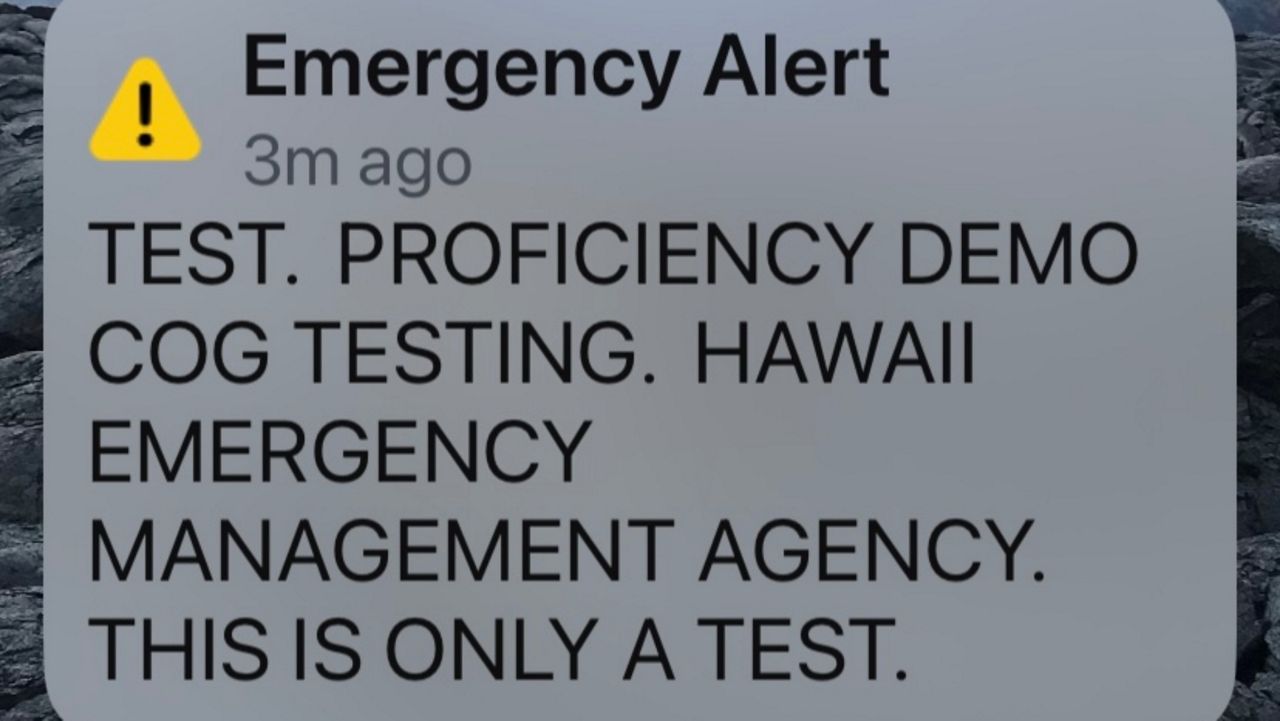WASHINGTON — In advance of next week’s one-year anniversary of the deadly Maui wildfires, U.S. Sen. Brian Schatz took to the Senate floor on Tuesday to remind his colleagues of what the Lahaina community has endured and to call for passage of President Joe Biden’s domestic supplemental appropriations request.
“For the people of Lahaina, the past year has been a time of uncertainty and unease, unspeakable grief and heartache, tough choices and impossible decisions, a year of what ifs and what’s next,” Schatz said. “Nothing will ever fully replace the people and things they lost on that harrowing day 12 months ago. But what we can do is help them recover in a way they want and be there for them for as long as it takes. Every step of the way. That is our responsibility, and that is our promise.”
The Aug. 8, 2024 wildfires killed at least 102 people, destroyed over 2,200 structures and caused an estimated $5.5 billion in damage.
In his speech, Schatz recounted the speed at which the wind-driven wildfires consumed Lahaina, as well as the kindness and generosity that marked the community’s response to the disaster.
“It’s a testament to the generosity and camaraderie that typifies Hawaii that even amid all that panic and chaos, so many people put their loved ones, neighbors, and even total strangers before themselves,” he said. “In their darkest hour, their first instinct was to help. In that moment, everyday people became eternal heroes.
“The outpouring of kindness continued far beyond those first few hours,” he continued. “As the grim and heartbreaking reality of death and destruction set in, people did everything they could to ease the burden, even just a little bit. Everyone pitched in. Not because they were asked but because they saw their ohana needed help.”
Schatz also sounded a somber note about the weight — financial, psychological, spiritual — that survivors continue to bear.
“Understandably, people are worried and anxious and exhausted,” he said. “They’re tired of having to uproot their families from one temporary housing unit to the next every few weeks or months. They’re tired of wondering what the future holds — and if that future will be on Maui at all — as housing costs soar out of reach. They worry about their friends and neighbors grappling with depression and PTSD from the lingering trauma of the fires. They worry about their kids missing out on school and getting left behind.
“One year later, people’s lives are nowhere near being back to normal,” he continued. “National headlines may have moved on, but life for survivors has not. They still need help.”
As Schatz noted, the supplemental appropriations request includes significant funding for the Community Development Block Grant Disaster Recovery program, which provides disaster survivors flexible, long-term financial assistance to rebuild homes, buildings and communities.
“This is a proven program that’s helped revive dozens of devastated communities and it has to be extended to survivors on Maui as they continue their recovery,” Schatz said.
Rep. Jill Tokuda, D-Hawaii, issued a similar call in her most recent “Maui Minute” speech from the Senate floor two weeks ago.
"As we prepare to leave for the August recess, our work is not done,” Tokuda said. “Disasters continue to strike and we must deliver supplemental funding to help communities like Maui recover. This is how we best honor their grit and strength by giving them hope for the long road ahead.”
Schatz’s legislative efforts to help Maui and other communities avoid another disastrous wildfire situation got a boost on Wednesday when three weather-related measures authored by Schatz cleared the Senate Commerce Committee.
The measures would mandate fire-weather forecasts and warnings be disseminated as effectively to remote or rural communities as they are elsewhere; direct the National Oceanic and Atmospheric Administration to establish a National Mesonet Program that would allow for better observation and tracking of local meteorological data; and require the National Oceanic and Atmospheric Administration to adopt and use AI technologies to better predict and respond to extreme weather.
“By improving fire weather forecasts and warnings, we can save lives and communities,” Schatz said in a release issued on Wednesday. “The committee’s vote today gets us one step closer to enacting life-saving measures that will improve weather forecasts and fire warnings in Hawaii and across the country. It also will help us realize AI’s full potential in a safe and responsible way.”
Michael Tsai covers local and state politics for Spectrum News Hawaii. He can be reached at michael.tsai@charter.com.








